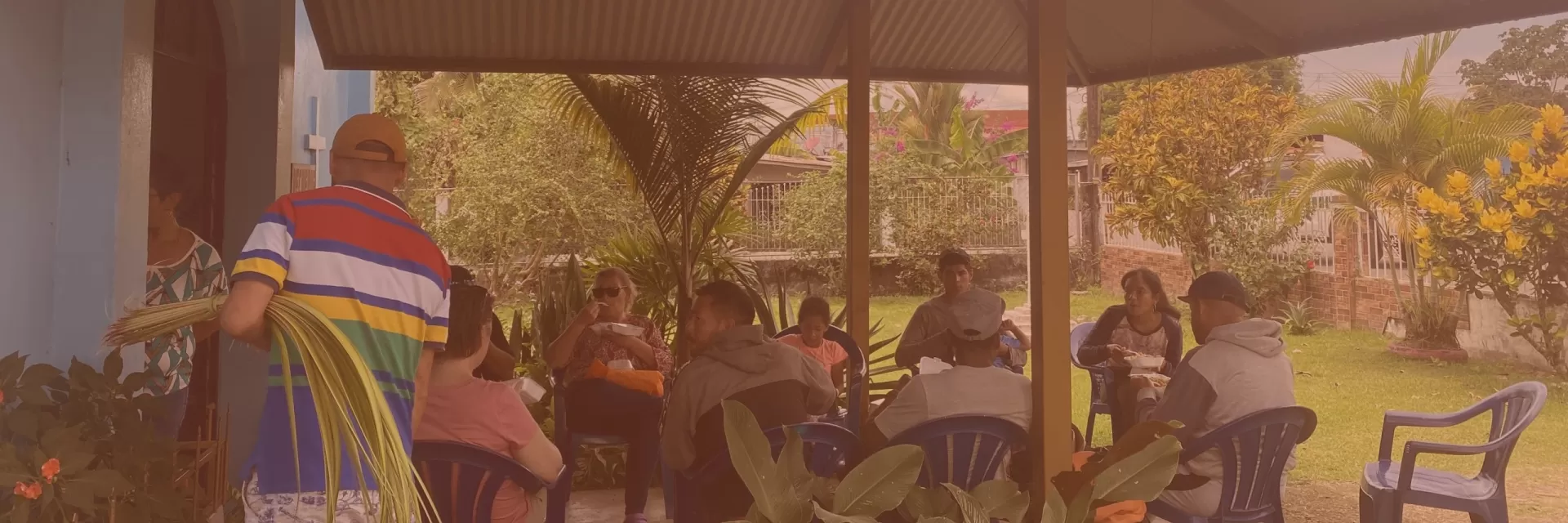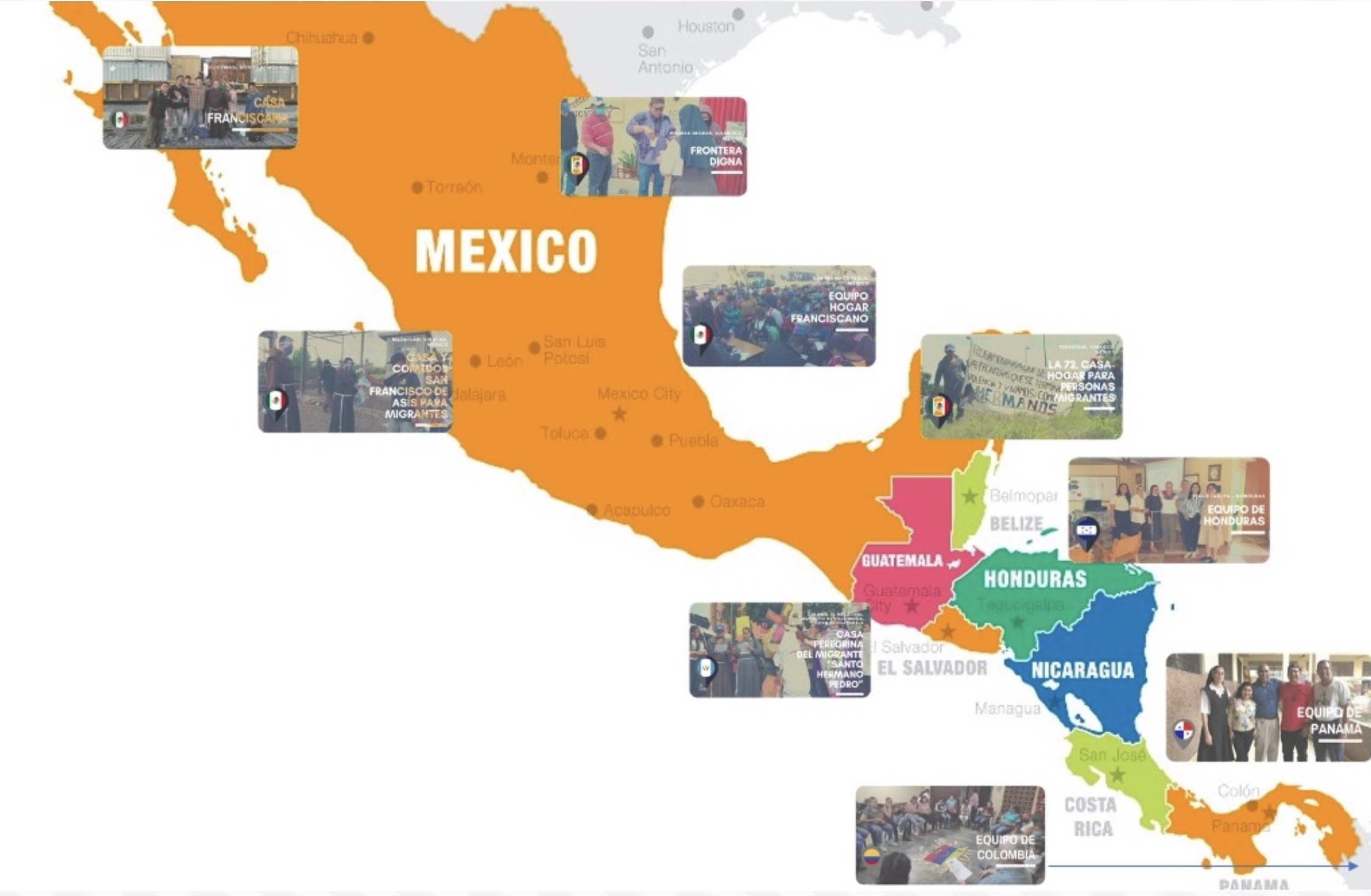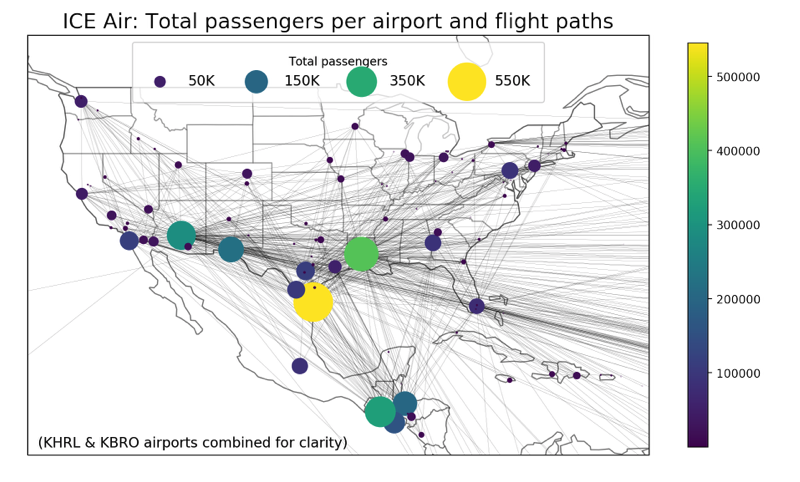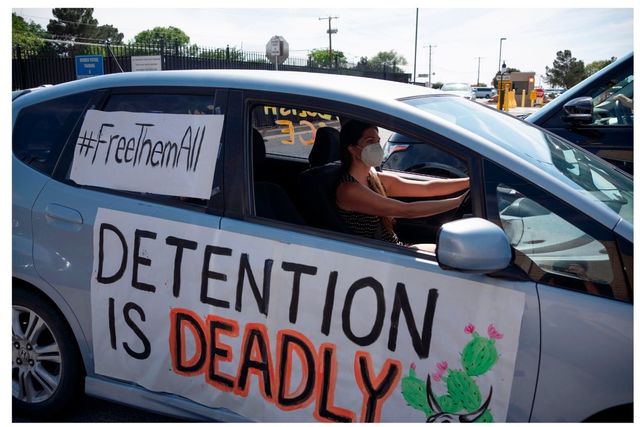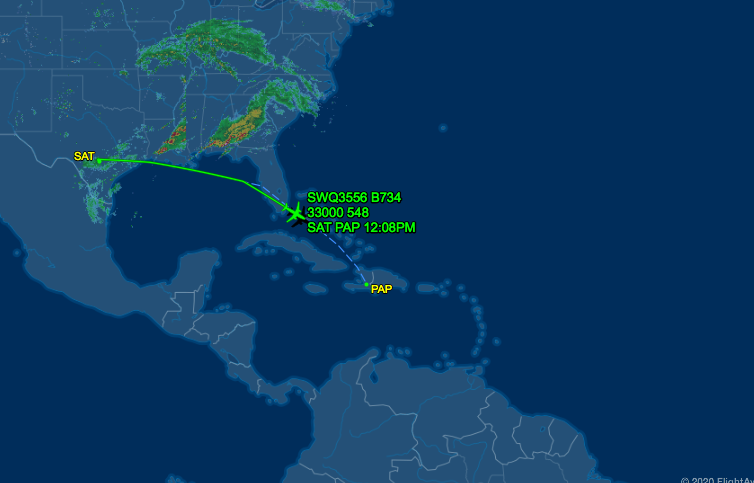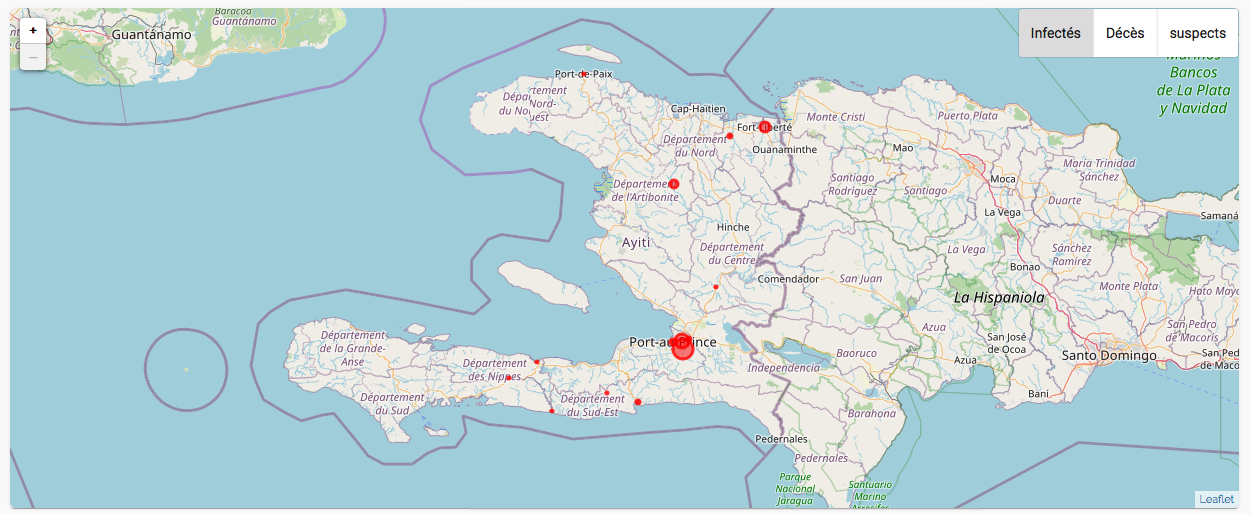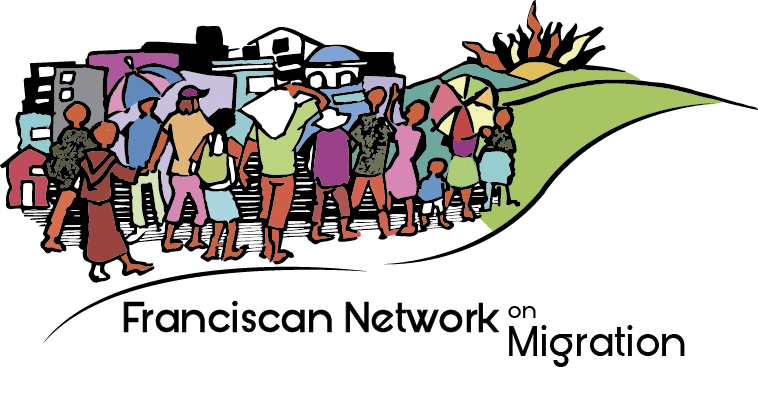Invisible enemies, immigration policy, and the language of oppression
In light of the attack from the Invisible Enemy, as well as the need to protect the jobs of our GREAT American Citizens, I will be signing an Executive Order to temporarily suspend immigration into the United States. ~Donald Trump, April 20, 2020
I read the news today, oh boy. ~John Lennon
